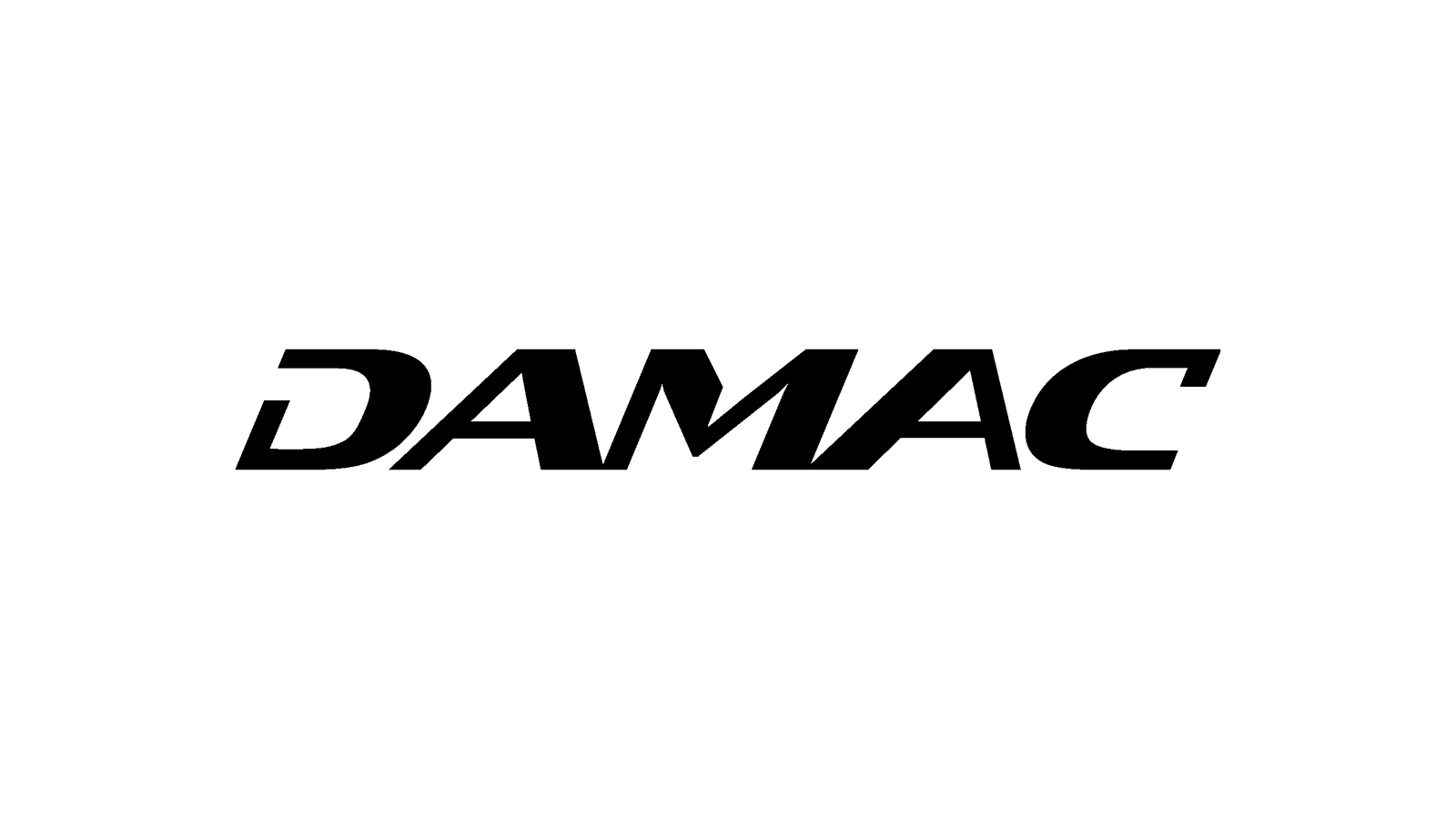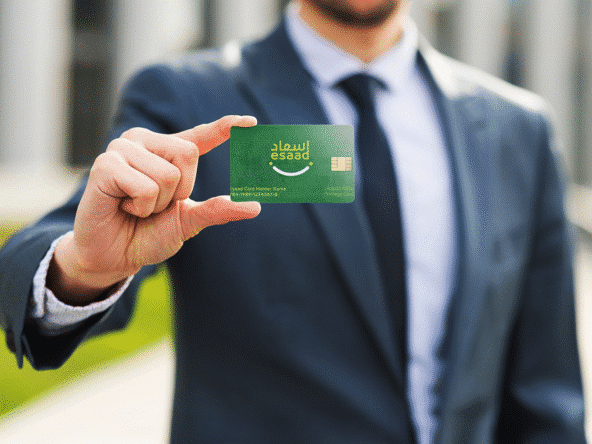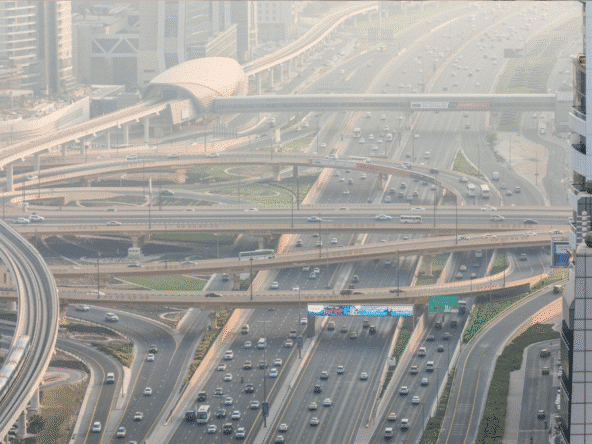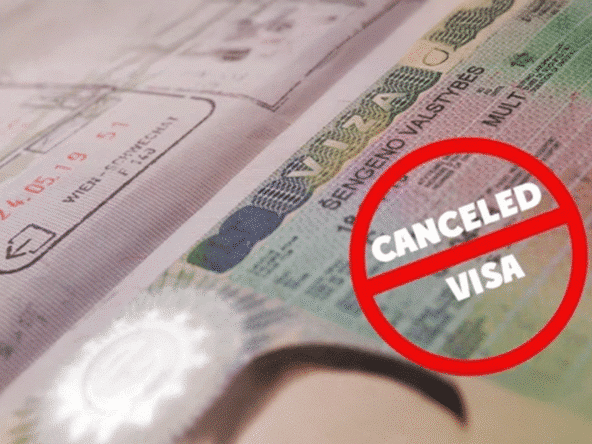Transferring property in Dubai is a significant process one that involves substantial assets and legal obligations. For luxury investors and high-net-worth individuals, understanding the legal framework isn’t just procedural its essential for safeguarding your investment and ensuring the validity of the transaction. While the steps might seem straightforward, knowing the ‘why’ behind each one from a legal standpoint provides clarity and confidence.
This guide dives into the core legal aspects of transferring property ownership in Dubai. We’ll walk you through the essential legal steps required by the Dubai Land Department (DLD) and other authorities, highlight the critical documentation, clarify the roles of everyone involved and ensure you grasp the legal validity at every stage. Think of this as your legal compass for navigating Dubai’s property market whether you’re buying a dream home or divesting an asset.
Understanding the Legal Foundation
Property ownership and transfer in Dubai are governed by specific laws and regulations designed to protect all parties and maintain a clear, secure registry of ownership.
The Pillars of Dubai Property Law
At the heart of it is Law No. 7 of 2006 concerning Real Property Registration in the Emirate of Dubai. This law establishes the Dubai Land Department (DLD) as the official body responsible for registering all property transactions. Its mandate includes maintaining the property registry, ensuring legal ownership is accurately recorded and overseeing the transfer process to guarantee legal compliance. The Real Estate Regulatory Agency (RERA), an arm of the DLD, focuses more on regulating the real estate market and protecting stakeholders including regulating brokers and off-plan sales.
Freehold vs Leasehold The Legal Distinction
Dubai offers two primary types of property ownership Freehold and Leasehold.
- Freehold: In designated areas, typically referred to as “Freehold areas”, both UAE nationals and foreigners can own property and land outright without time limit. The legal title is absolute subject to local regulations. DAMAC Properties developments like DAMAC Hills and DAMAC Lagoons are prime examples of luxury freehold communities offering outright ownership.
Leasehold: This grants ownership rights for a specific duration usually 10 to 99 years. The ownership of the land remains with the freeholder. While still a legal form of ownership for the lease term, the transfer process involves assigning the rights under the lease agreement rather than transferring perpetual title to the land.From a legal transfer perspective, Freehold transfers are more common and involve the transfer of full title recorded permanently in the DLD registry. Leasehold transfers involve updating the lease agreement details with the DLD or relevant authority. Most high-value transactions and those attracting international investors in Dubai are focused on Freehold properties.
Transferring property isn’t just about handing over keys and money its a series of legally mandated steps ensuring a clean transfer of ownership registered with the DLD.
The Step-by-Step Legal Process of Property Transfer in Dubai
Stage 1 Agreement and Memorandum of Understanding (MoU) / Sale and Purchase Agreement (SPA)
The process legally begins with an agreement between the buyer and seller. This is typically documented in a Memorandum of Understanding (MoU) or a formal Sale and Purchase Agreement (SPA).
- Legal Significance: Signing this initial agreement is a legally binding commitment to the transaction. It outlines the terms price payment schedule completion date and responsibilities of each party. The deposit paid at this stage is a demonstration of commitment and is legally subject to the terms defined in the agreement often becoming non-refundable if the buyer defaults without valid legal reason.
- Key Legal Clauses: A robust MoU/SPA must legally cover details like property description agreed price payment milestones conditions precedent (like obtaining finance) consequences of default by either party and the timeline for subsequent steps like obtaining the NOC and DLD transfer.
Validity: While not yet the final transfer of title, a properly drafted and signed MoU or SPA is legally enforceable in Dubai. It creates contractual obligations that can be pursued in court if breached. The SPA holds more legal weight than an MoU and is often the preferred route for complex transactions.
Stage 2 Obtaining the No Objection Certificate (NOC)
Before the DLD will register the transfer, a No Objection Certificate (NOC) is legally required from the property’s developer or management company.
- Legal Requirement & Purpose: The NOC confirms that the seller has paid all service fees maintenance charges and any other dues related to the property up to the transfer date. It legally clears the property from any financial encumbrances owed to the developer allowing the transfer to proceed.
- Legal Implications: Transferring property without a valid NOC is legally impossible at the DLD. The DLD process is contingent upon this clearance.
Process: The seller typically initiates the NOC application with the developer paying any outstanding dues. The developer then issues the NOC a legally required document for the DLD appointment.
Stage 3 Property Valuation (If Applicable)
In certain cases, a property valuation might be legally required usually when the property is being transferred with a mortgage or for specific transaction types.
- Legal Requirement: If the buyer is securing finance the bank will require a valuation report. The DLD may also mandate a valuation by a DLD-approved valuer to determine the market value which impacts the calculation of transfer fees especially in non-standard transactions.
Legal Standing: A valuation report from a DLD-approved entity has legal standing and is used by the DLD and financial institutions to assess the property’s value for the transaction.
Stage 4 DLD Transfer Appointment and Payment
This is a critical legal milestone where the actual transfer of ownership is facilitated under the supervision of the DLD or its authorized representatives.
- Legal Requirement: Both the buyer and seller or their legally appointed representatives (holding valid Power of Attorney) must attend an appointment at a DLD-approved Trustee Office or the DLD itself.
- Role of Trustee Offices: These offices are legally authorized by the DLD to handle the administrative and legal procedures of property transfer including verifying documents collecting fees and coordinating with the DLD for final registration. They act as intermediaries ensuring legal protocols are followed.
Legal Status of Payment: Payment completion usually through manager’s cheque is typically verified at this stage. The legal transfer of funds is tied to the legal transfer of title.
Stage 5 Document Submission and Verification
All legally required documents are submitted at the DLD Trustee Office and undergo verification.
- Legally Required Documents:
- Original Title Deed of the property.
- Original NOC from the developer.
- Original Emirates IDs or Passports for individuals
- For corporate buyers/sellers Memorandum of Association Trade License and authorized signatory’s details.
- Signed Sale and Purchase Agreement (SPA) or MoU.
- Power of Attorney if applicable legally attested and validated.
- Manager’s cheque for the property price payable to the seller.
- Manager’s cheque for DLD fees payable to the DLD.
Legal Verification: DLD staff or Trustee Office representatives legally verify the authenticity and validity of all submitted documents against their records ensuring compliance before proceeding.
Stage 6 Payment of DLD Fees and Other Charges
The legally mandated fees for transferring ownership are paid at the Trustee Office.
- Legal Basis: The primary fee is the DLD transfer fee which is legally set at 4% of the property’s sale value. This fee is crucial for updating the official property registry.
- Breakdown of Fees: In addition to the 4% transfer fee, there are legally stipulated administrative fees including trustee office fees title deed issuance fee map issuance fees and knowledge/innovation fees.
Legal Responsibility: Legally the 4% DLD transfer fee is typically split equally between the buyer and seller (2% each) unless otherwise agreed upon in the SPA. Other administrative fees might also be split or assigned based on agreement. The method of payment is legally required to be a manager’s cheque made out correctly.
Stage 7 Issuance of the New Title Deed
This is the culmination of the legal transfer process.
- Legal Significance: Once all documents are verified fees paid and the DLD approves the transaction the DLD issues a new Title Deed in the buyer’s name. This physical or digital document is the definitive legal proof of ownership registered in the official DLD property registry.
Legal Rights: The Title Deed confers full legal rights of ownership to the buyer allowing them to legally occupy lease or sell the property. The DLD registry is the ultimate legal record of ownership in Dubai.
Stage 8 Registering Mortgage (If Applicable)
If the purchase was financed via a mortgage the legal instrument must also be registered with the DLD.
- Legal Requirement: For a mortgage to be legally enforceable against the property it must be officially registered with the DLD. This is a legal requirement for banks providing financing.
Legal Implications: An unregistered mortgage provides limited legal security to the lender in case of default. Registration ensures the mortgage is recorded on the property’s title.
Legal Considerations for Different Parties
The legal process can have specific nuances depending on who is buying or selling.
Foreign Investors
Dubai has specific laws granting foreigners the right to own property in designated freehold areas
Legal Rights: Ownership rights for foreigners are largely the same as for UAE nationals within Freehold zones offering full legal title. Outside these areas foreign ownership is generally limited to leasehold arrangements.
Visa Options: Property investment can qualify investors for a UAE residency visa provided the investment meets certain legally defined thresholds and conditions. This isn’t a direct part of the property transfer itself but is a significant legal benefit tied to investment.
Using Power of Attorney (POA)
It is legally possible to conduct a property transfer transaction through a representative holding a valid Power of Attorney.
- Legal Requirements: A POA must be legally drafted attested by a Notary Public in Dubai and if issued outside the UAE it must be legalized by the Ministry of Foreign Affairs in the issuing country and the UAE Embassy and then translated into Arabic and legally attested by the Ministry of Foreign Affairs in the UAE. The DLD has specific format requirements for property-related POAs.
- Scope and Limitations: The POA must clearly define the powers granted allowing the representative to specifically act on behalf of the owner in selling or buying the property undertaking all necessary steps including signing documents and paying fees. A general POA may not be sufficient.
Legal Risks and Safeguards: Using a POA involves trusting your representative implicitly. It’s crucial to verify the POA’s validity with the DLD and ensure the person you appoint is trustworthy. Limiting the POA’s scope and duration can provide added legal protection.
Ensuring Legal Validity and Safeguards
A successful property transfer isn’t just about following steps it’s about ensuring the entire transaction is legally sound and protected.
Legal Due Diligence
Before committing legally due diligence is paramount.
- Verifying Title Deed: It’s legally prudent to verify the authenticity of the Title Deed with the DLD and check if the property is free from legal encumbrances like mortgages liens or disputes. A good agent or legal counsel can assist with this.
Checking for Encumbrances: Ensure there are no legal claims or restrictions registered against the property that could hinder the transfer or affect future ownership rights.
Legal Protection via Escrow and Oqood
For off-plan property purchases, specific legal mechanisms are in place.
- Escrow Accounts: Payments for off-plan properties must legally be made into a RERA-regulated escrow account controlled by the DLD. This legally protects the buyer’s funds ensuring they are used solely for the construction of the project and can be potentially recovered if the project is cancelled.
Oqood Registration: Off-plan sales must be registered in the initial property register known as Oqood with the DLD. This registration is legally required and provides legal recognition and protection for the buyer’s rights in the off-plan property before the Title Deed is issued upon completion.
Dispute Resolution
If legal issues arise during the transfer process, Dubai has established mechanisms for resolution. RERA’s Rental Disputes Center (although primarily for rentals, RERA’s broader mandate covers real estate matters) and the Dubai Courts handle property-related legal disputes. Legal counsel is essential in these situations.
Post-Transfer Legal Steps
Once the Title Deed is in your name, a few final steps ensure full legal occupation and use of the property.
- Utility Connections: Setting up accounts with utility providers like DEWA (Dubai Electricity and Water Authority) is necessary for occupation and involves legal agreements for service provision.
Community Registration: Registering with the community management (if applicable) is required to access community services and comply with community rules the legal basis of which stems from the master developer’s regulations and DLD guidelines.
Conclusion
Navigating the property transfer process in Dubai requires more than just following a checklist it demands a clear understanding of the legal requirements, the roles of entities like the DLD, and the legal validity conferred at each stage. From the binding nature of the initial agreement to the definitive legal proof offered by the Title Deed, each step is underpinned by Dubai’s robust legal framework designed to protect property rights and facilitate secure transactions.
For investors considering the luxury real estate market in Dubai, ensuring legal compliance throughout the transfer process is paramount. Engaging with reputable developers like DAMAC Properties, who have a deep understanding of the legal landscape, and potentially seeking independent legal counsel will provide invaluable peace of mind and safeguard your valuable investment.
FAQs About Legal Aspects of Property Transfer in Dubai
What are the legally required documents for property transfer in Dubai?
You will generally need the original Title Deed NOC from the developer Emirates ID or Passport for individuals (Trade License for companies) the Sale and Purchase Agreement and managers cheques for the payment and DLD fees. If using a representative, a legally attested Power of Attorney is mandatory.
How long does the property transfer process legally take at the DLD?
If all documents are in order and all parties (or their legal representatives) are present the physical transfer appointment at a DLD Trustee Office can be completed relatively quickly perhaps within an hour. The full process from agreeing to transfer to receiving the new Title Deed can take a few days depending on getting the NOC financing approval and scheduling the DLD appointment.
Who is legally responsible for paying the DLD transfer fees?
The standard legal practice is for the 4% DLD transfer fee to be split equally between the buyer and the seller (2% each). However, this is often a point of negotiation and the Sale and Purchase Agreement will legally stipulate how the fees are to be paid. Other administrative fees may also be split or assigned based on the agreement.
Can foreigners legally own property in Dubai?
Yes foreigners can legally own property in designated Freehold areas in Dubai offering them full ownership rights similar to UAE nationals. Ownership outside these areas is generally limited to leasehold.
What is the legal role of a DLD Trustee Office?
DLD-approved Trustee Offices are legally authorized entities that act on behalf of the DLD to facilitate the property transfer process. They verify documents collect fees and coordinate the registration with the DLD ensuring the transaction adheres to legal requirements.
Is a Power of Attorney legally valid for property transfer in Dubai?
Yes a Power of Attorney is legally valid provided it is properly drafted specifically authorizing the transaction and legally attested in accordance with UAE law. If issued outside the UAE it requires specific legalization and translation steps to be legally recognized by the DLD.
What is the legal significance of the Title Deed?
The Title Deed is the ultimate legal document proving ownership of a property in Dubai. It is issued by the DLD and officially registers your ownership in the government’s land registry providing legal recognition and protection of your property rights.
Disclaimer: The information presented in this article is for general informational purposes only. The details provided are based on the best information available at the time of publication and may be subject to change without notice due to potential updates in educational policies or scheduling adjustments by the respective authorities. Readers are advised to contact the relevant offices directly for the most accurate and current information.



